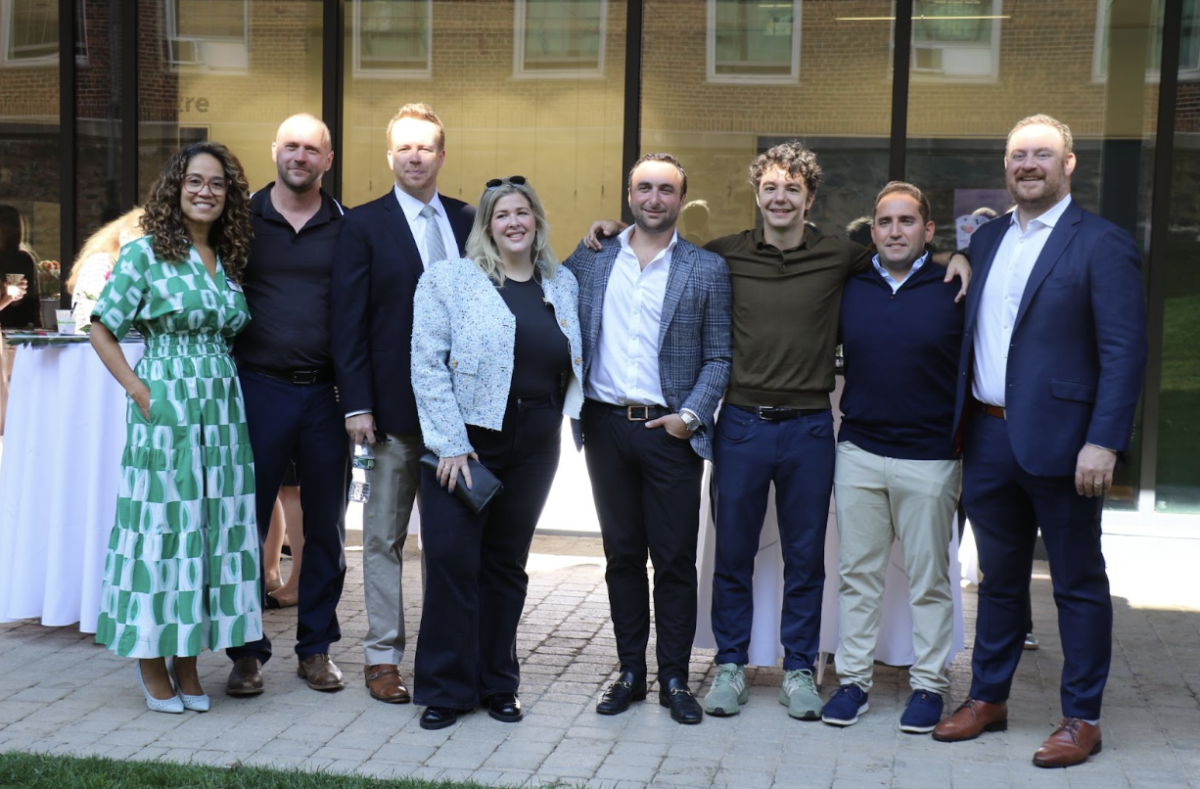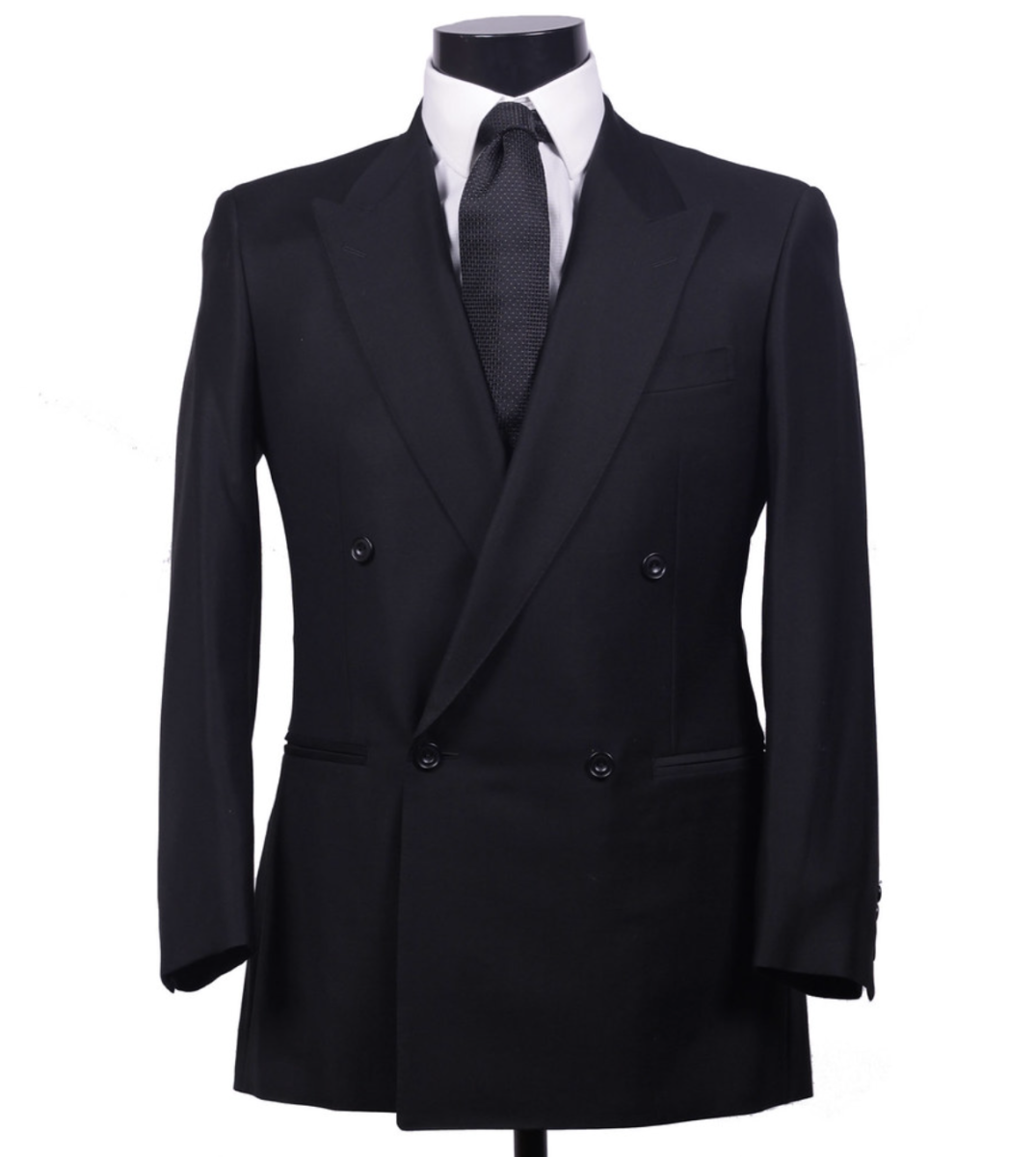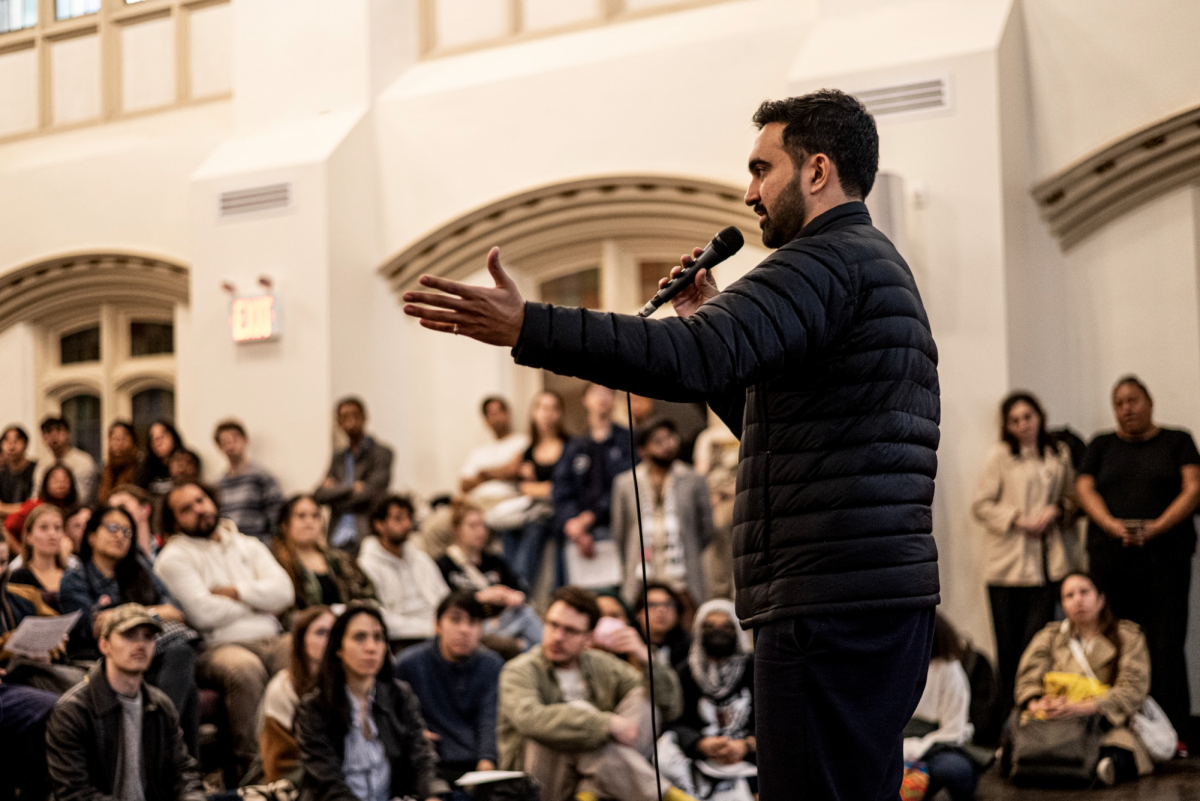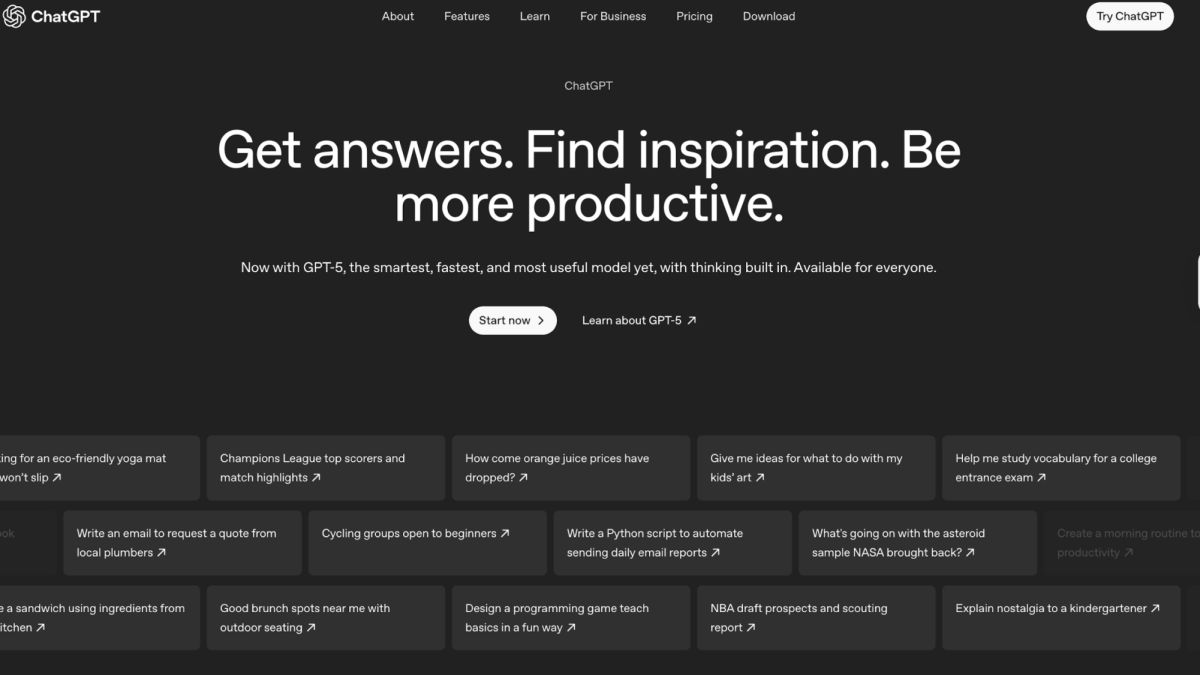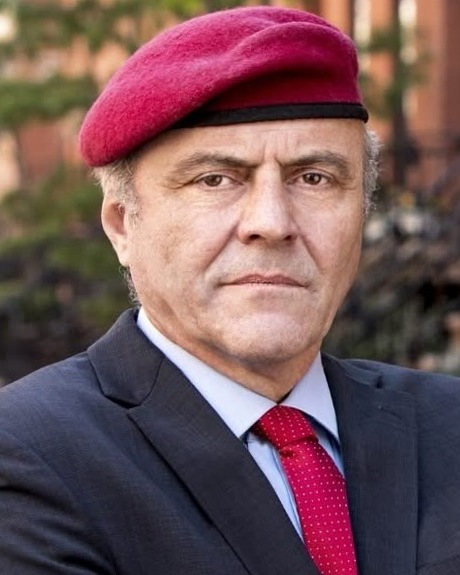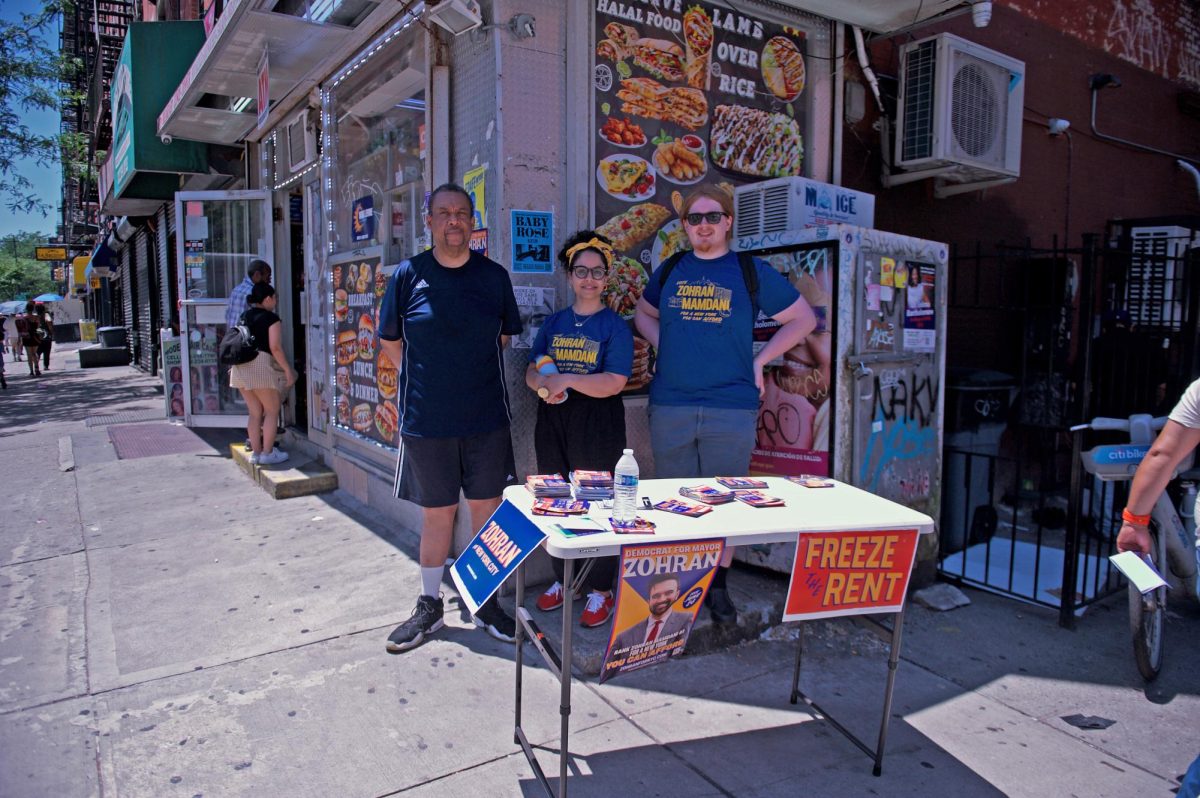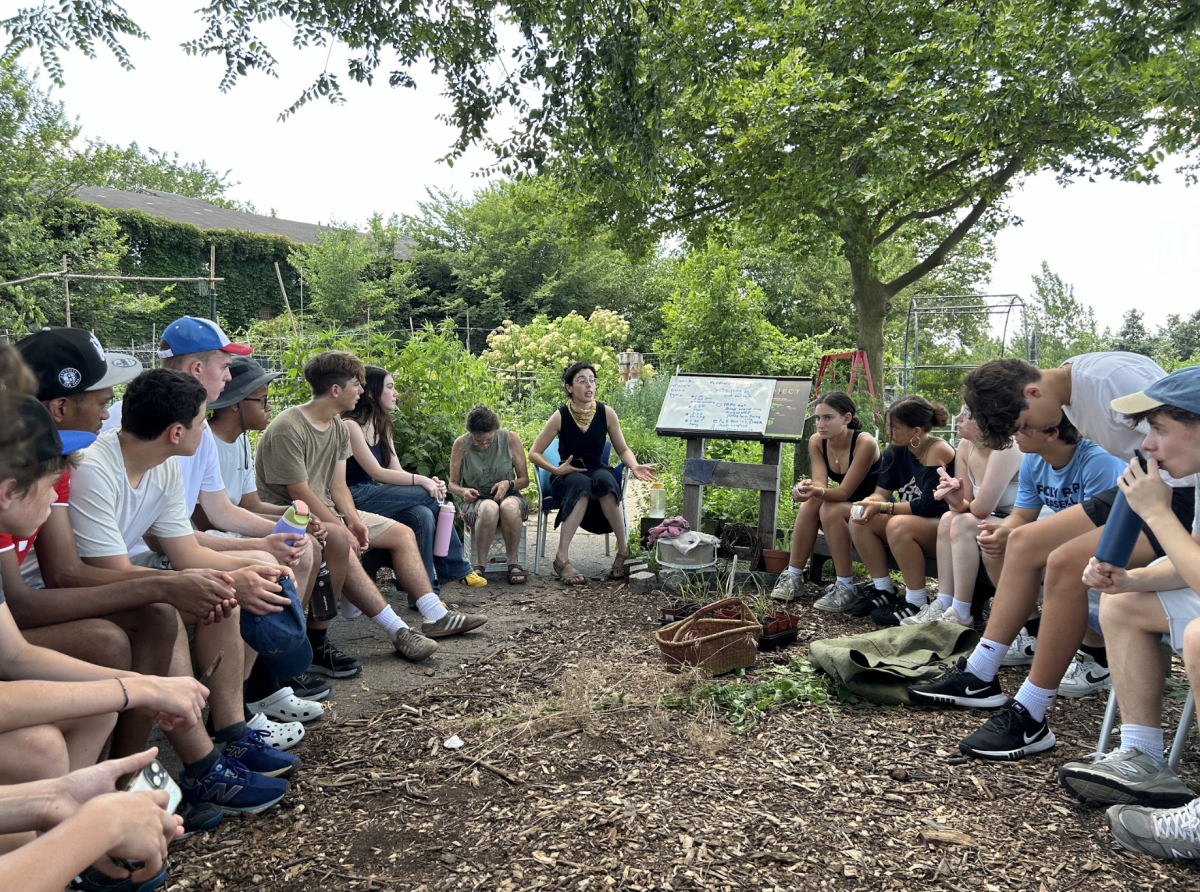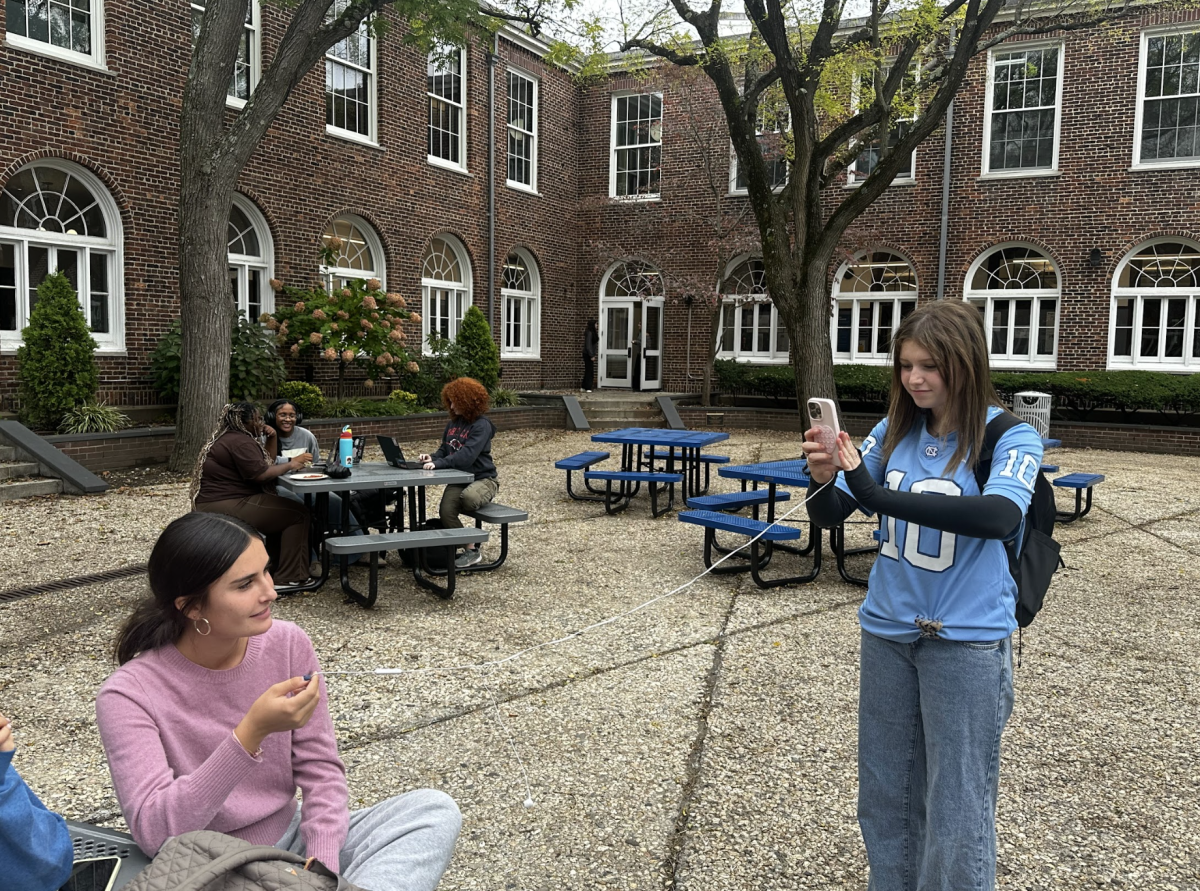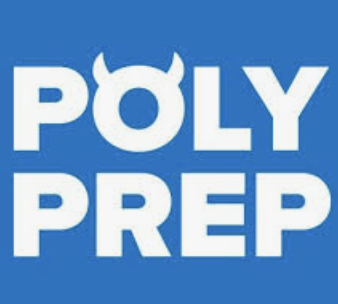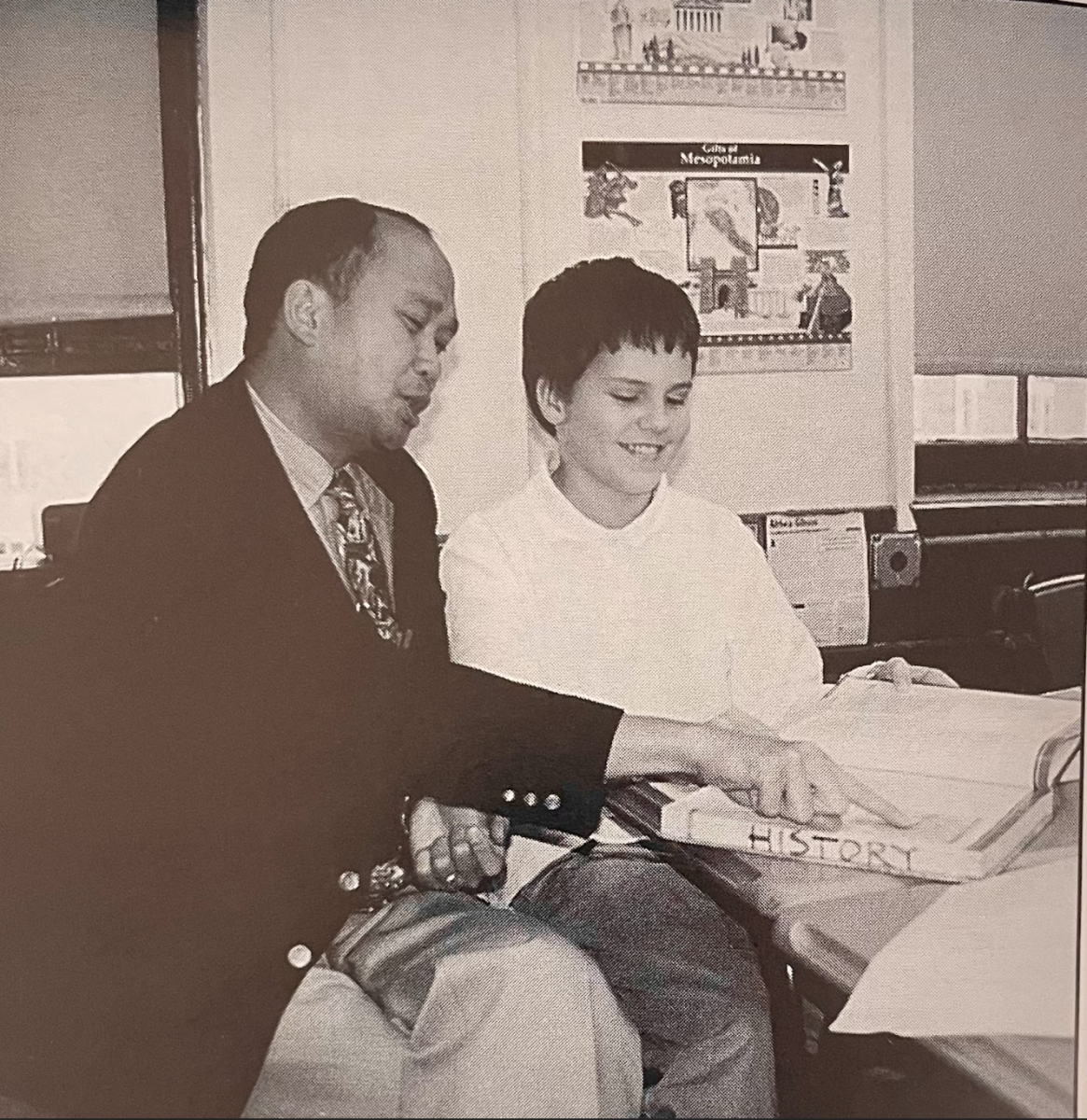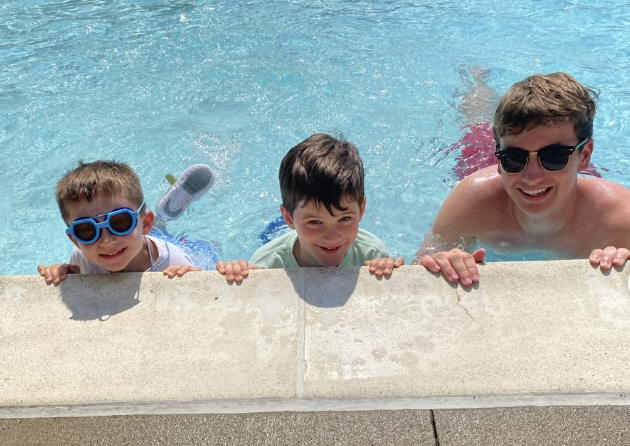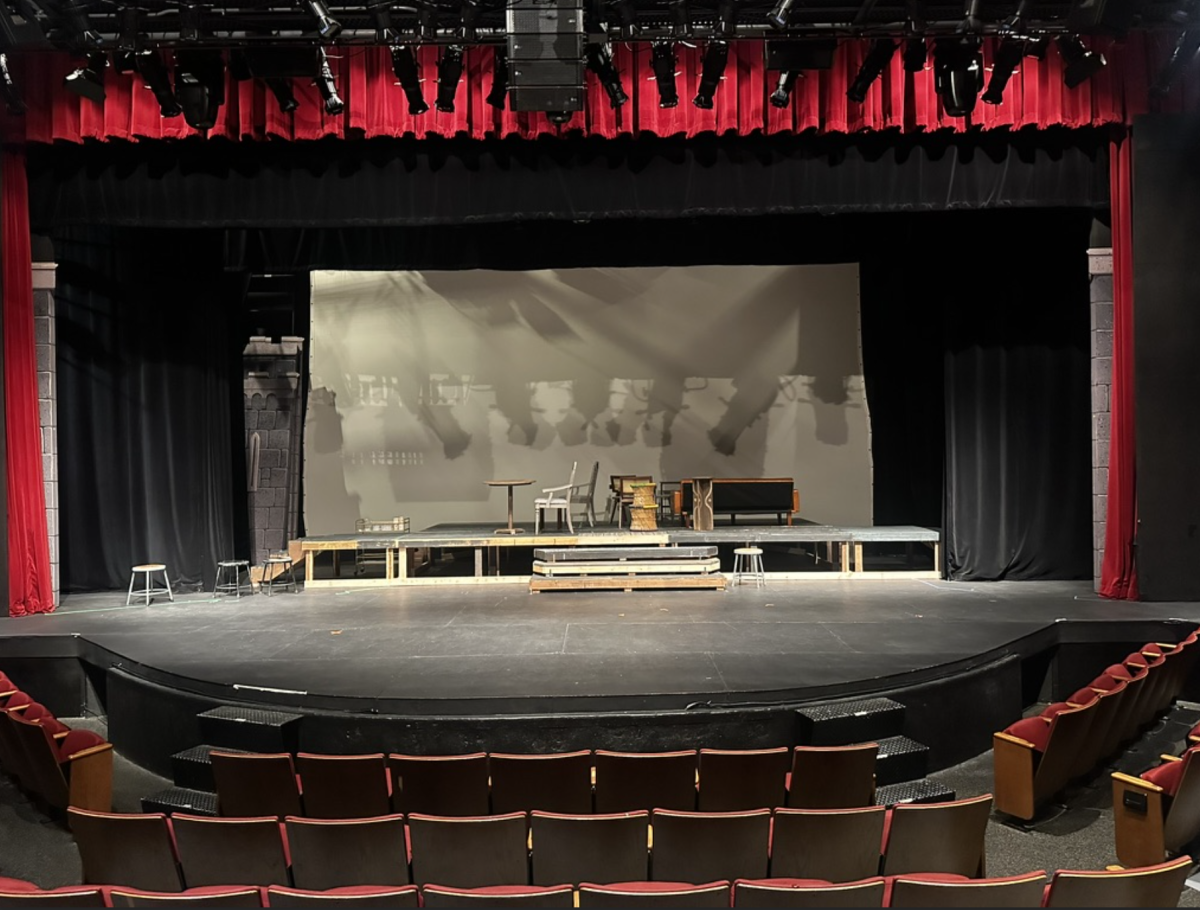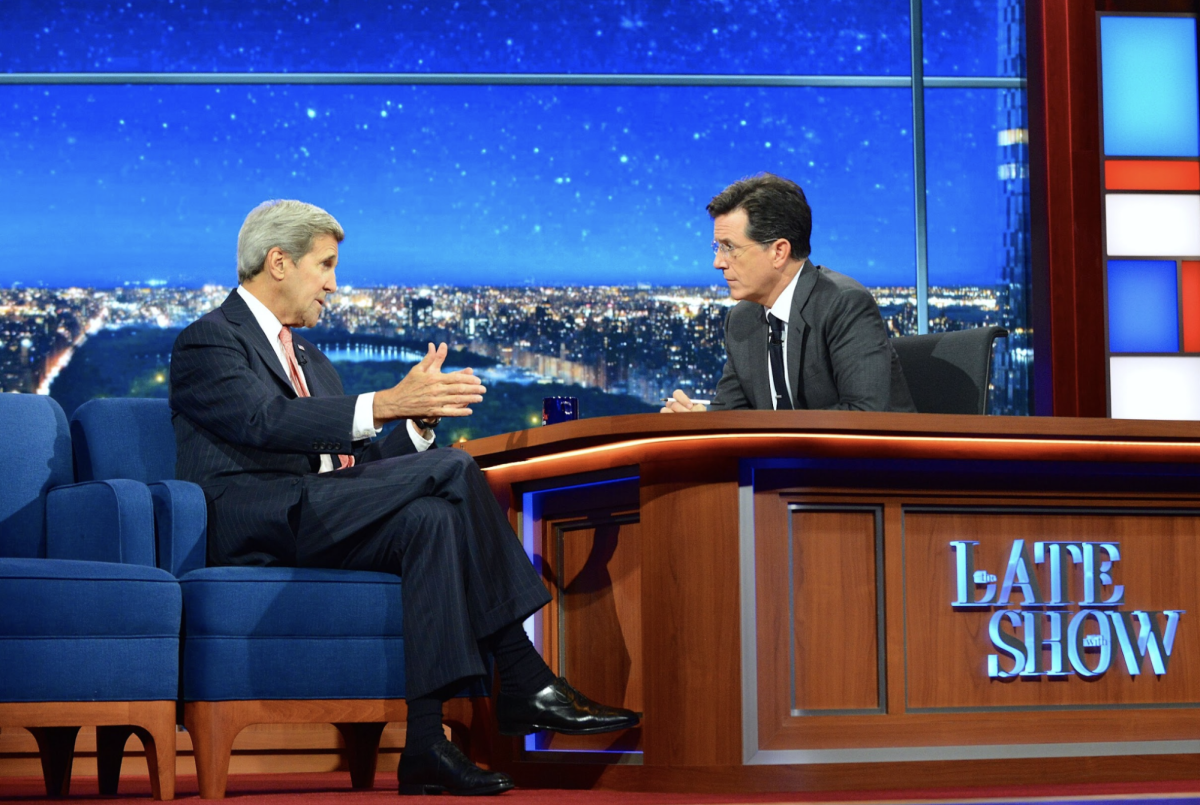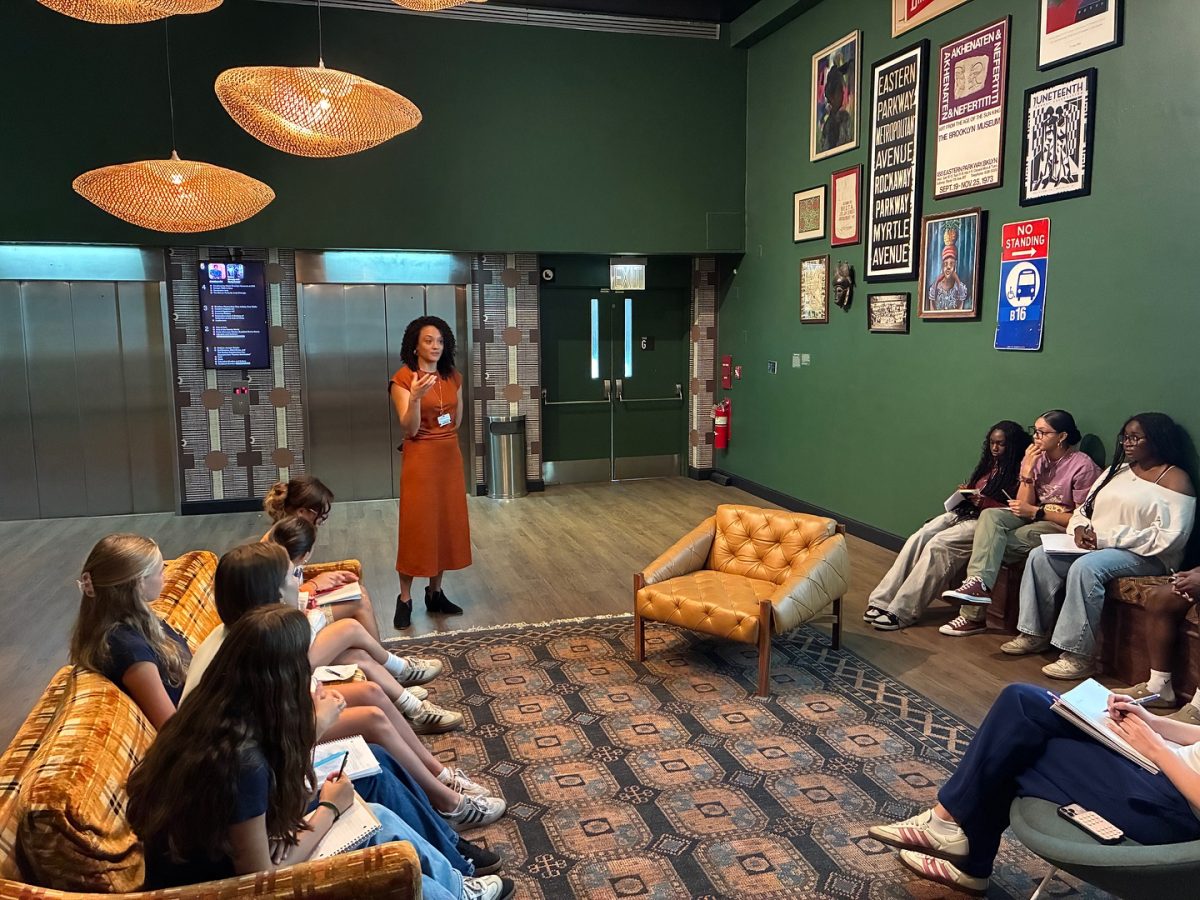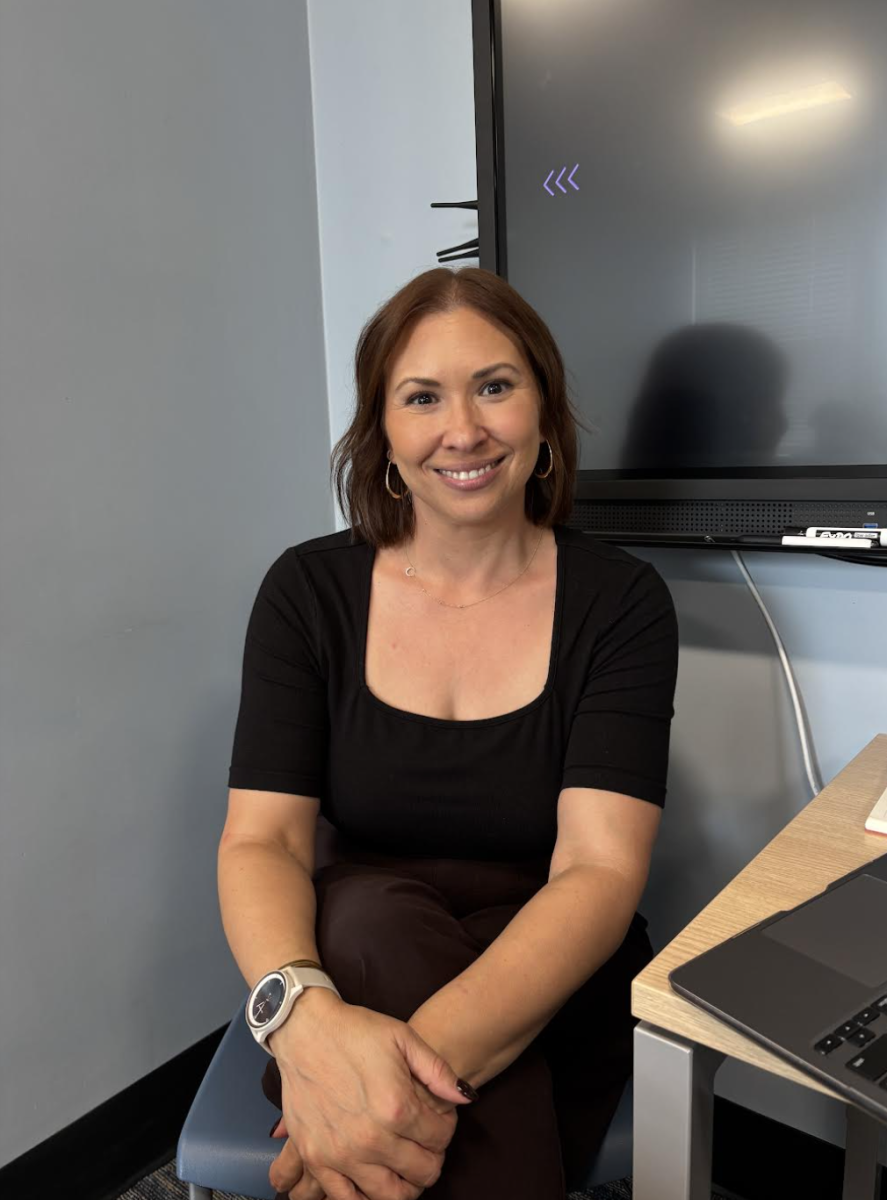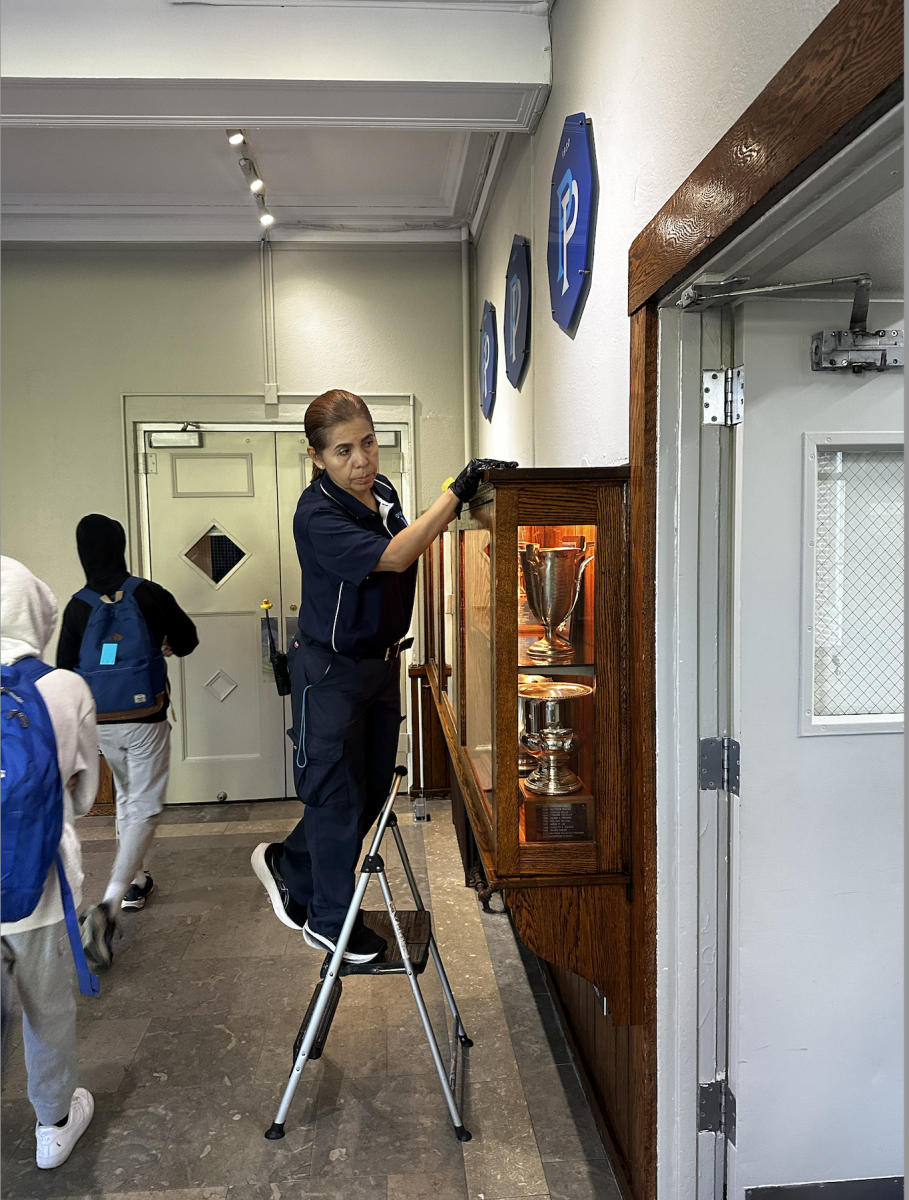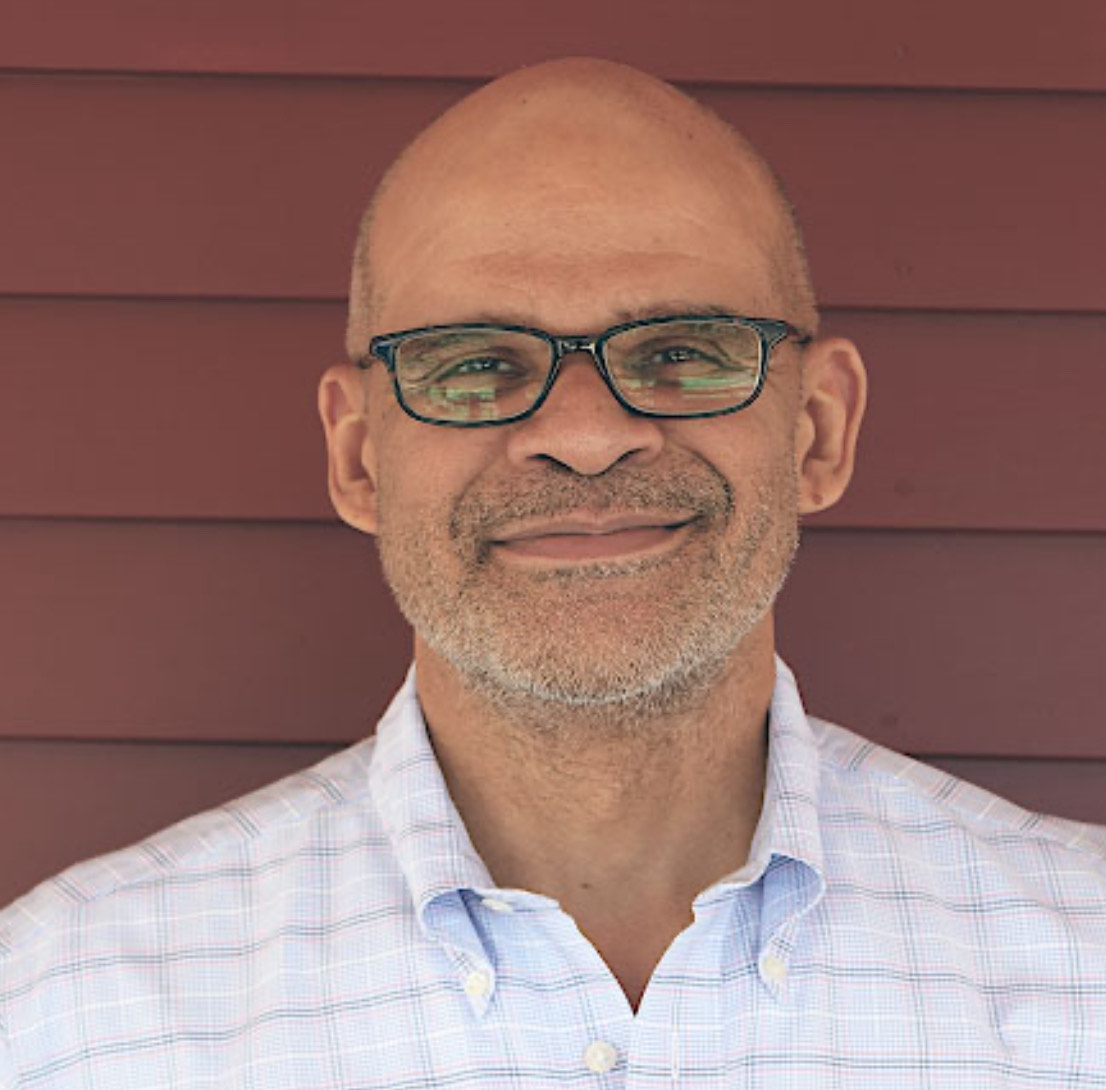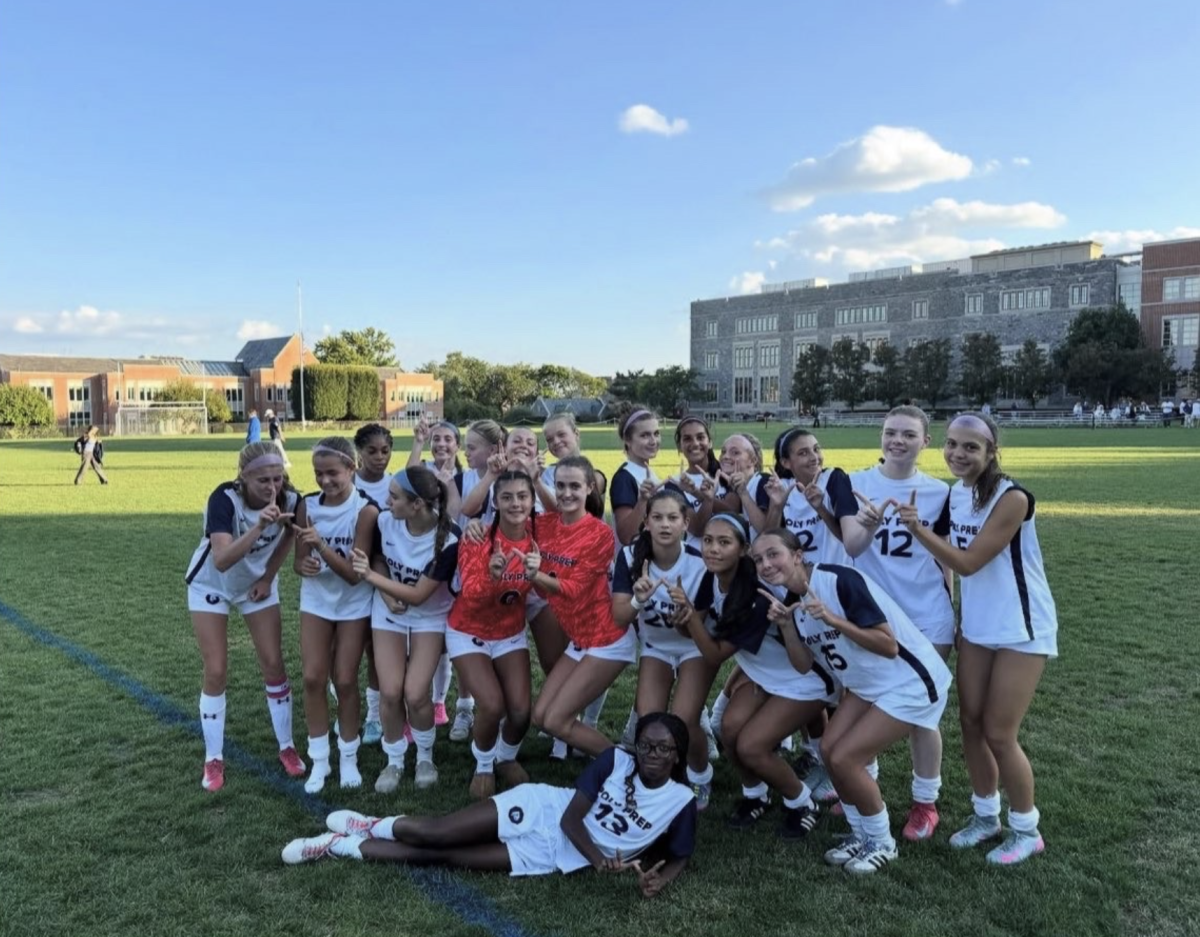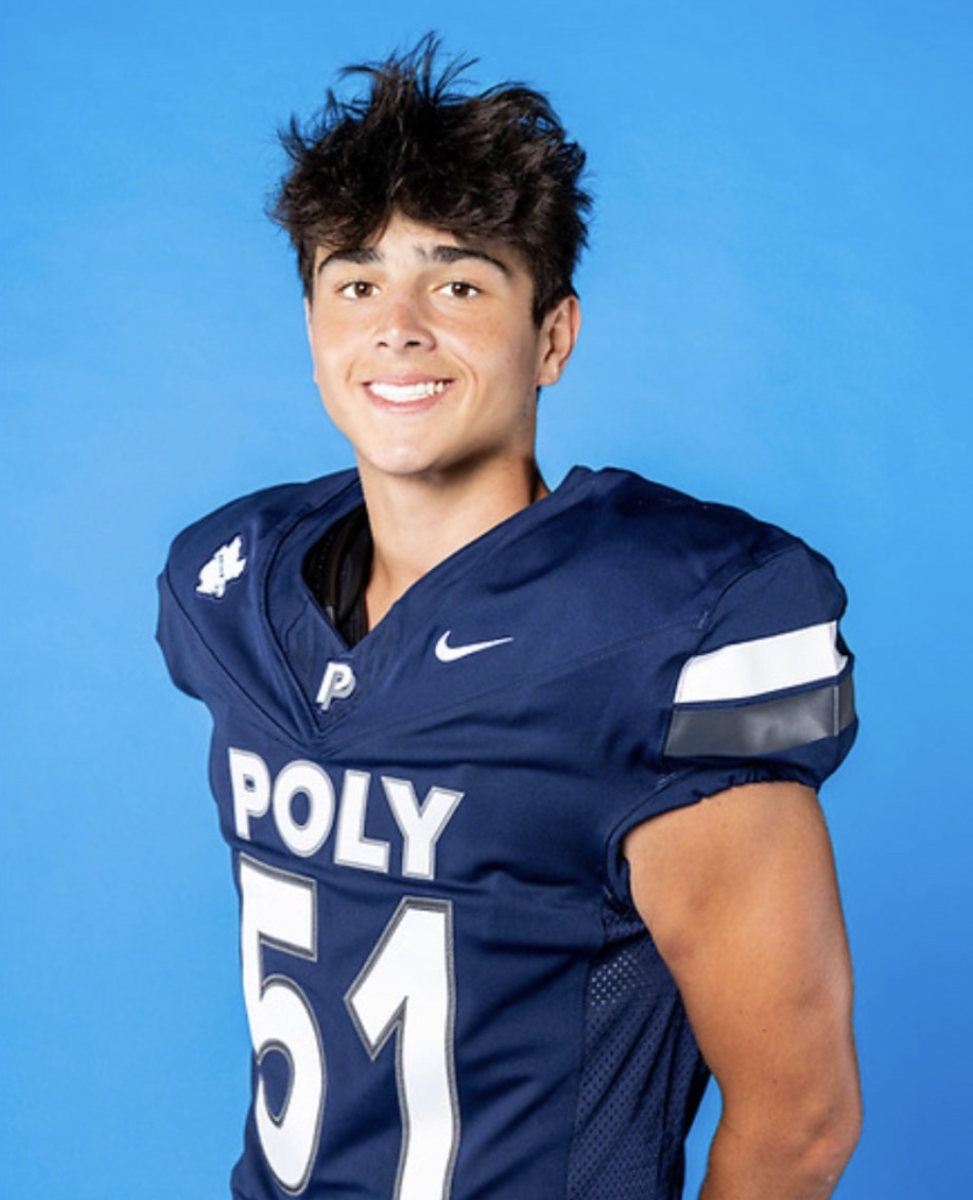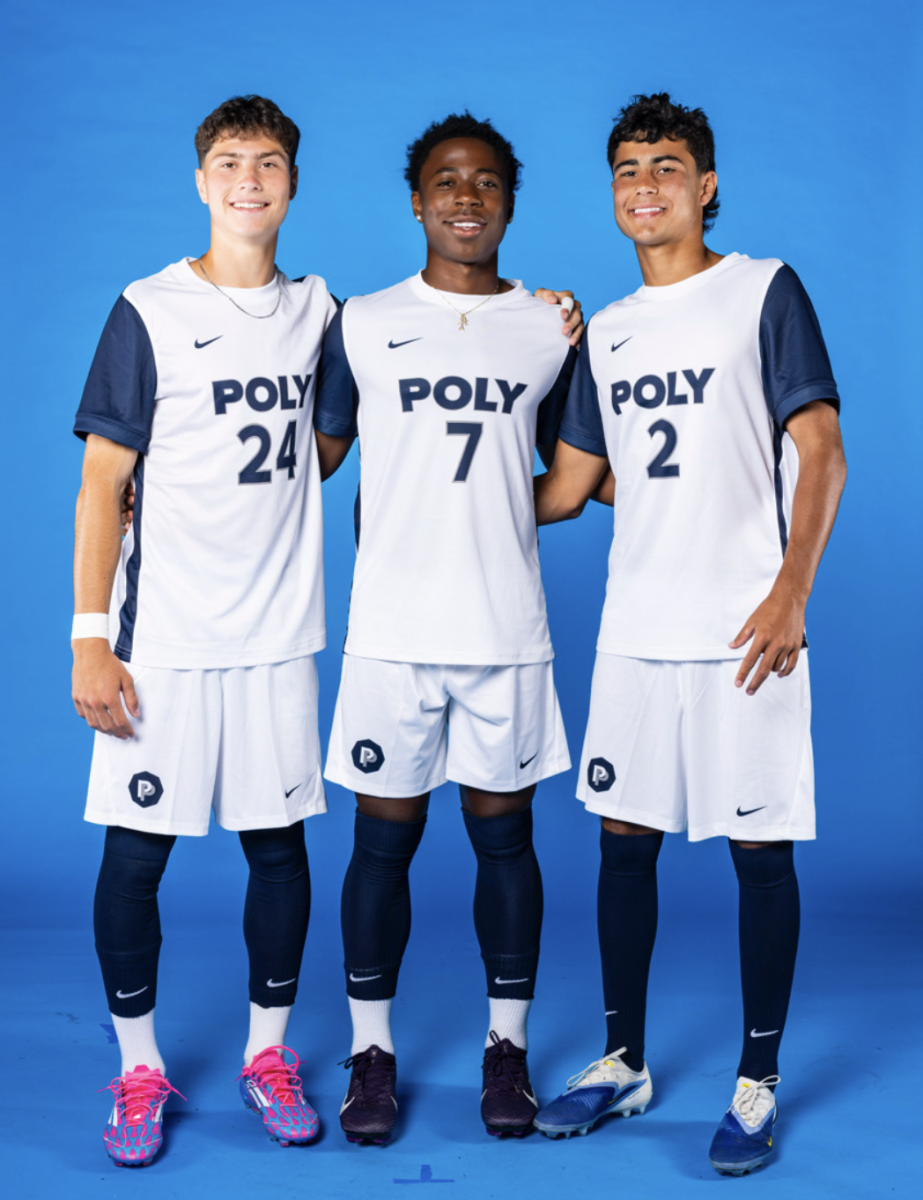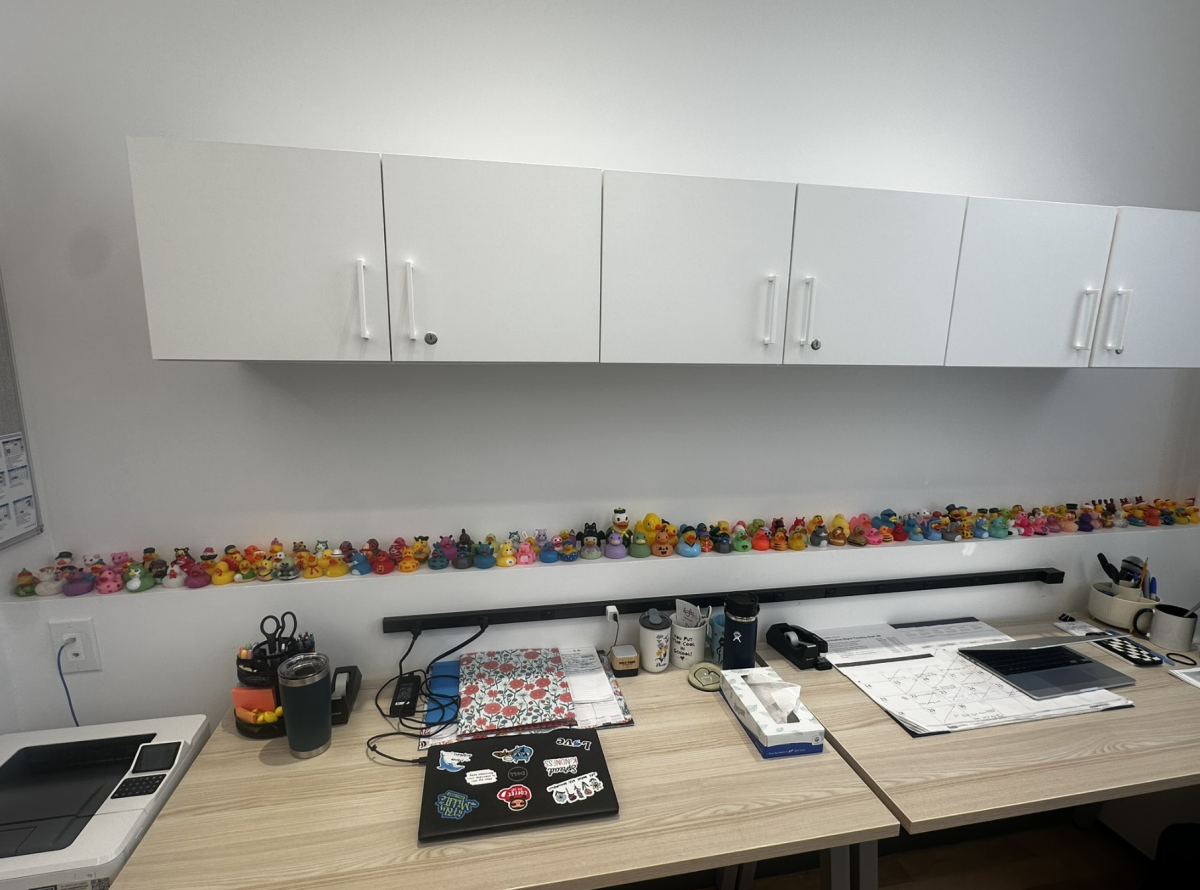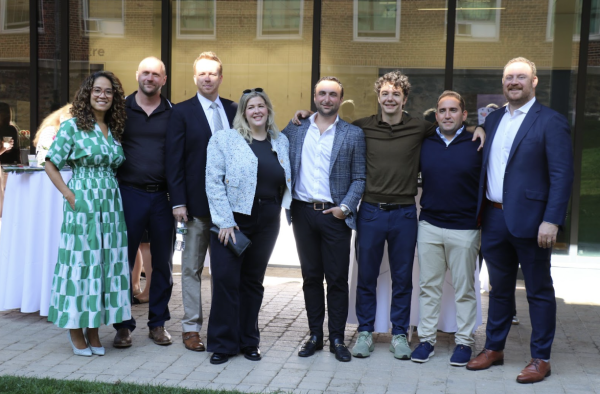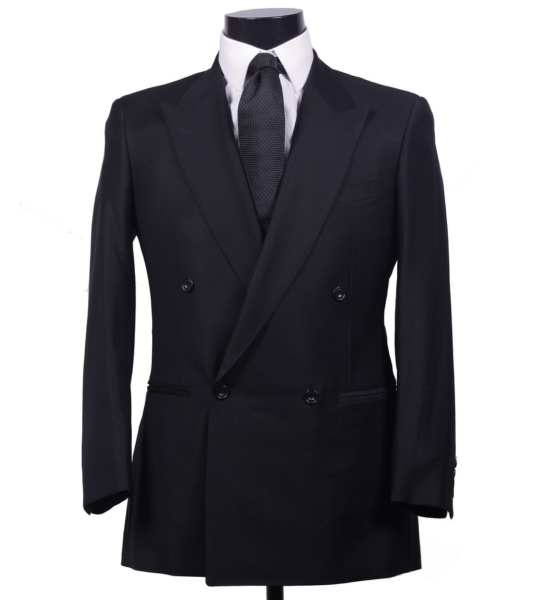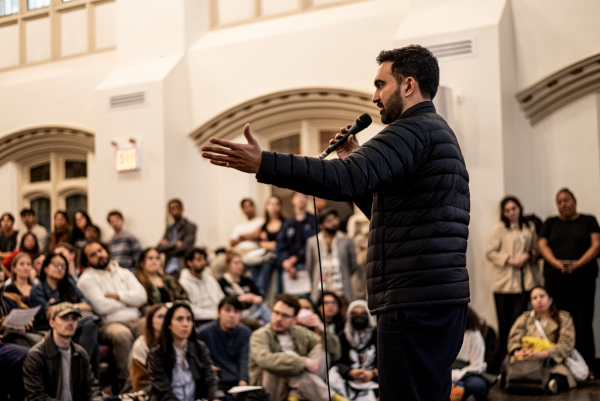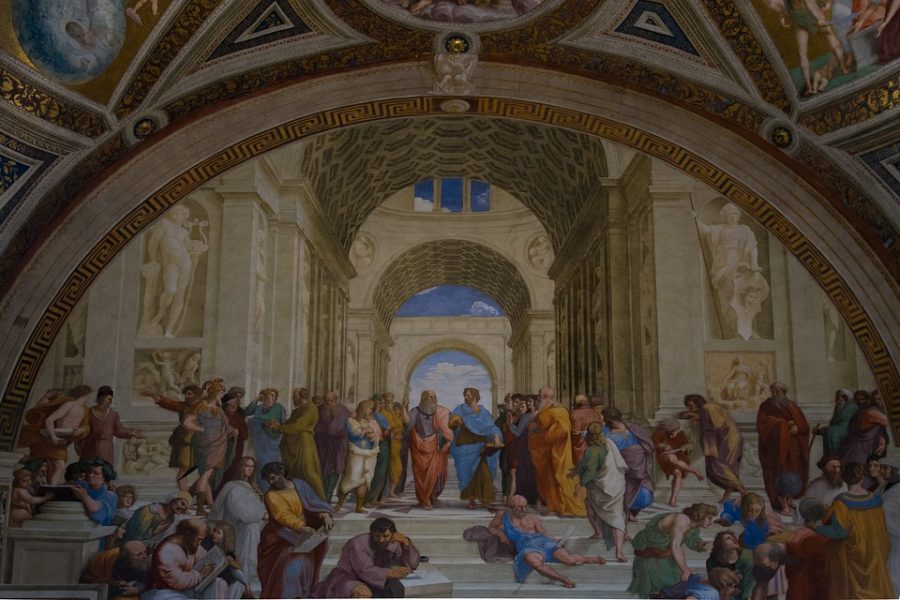Senior Philosophy Course Q & A
Q: What should rising seniors expect from Philosophy Seminar: A Study in Social and Moral Reasoning?
Moslander A: Seniors should expect to be challenged to think deeply, discuss thoughtfully, and write compellingly about the enduring questions of what it means to be human, to live in community, and to act in a complex and interdependent world. The course is designed to give seniors the opportunity to dive deeply into exciting and intellectually demanding reading, and to consider their own understanding of what it means to live well.
In terms of reading and having discussions, the answer is, of course, both! Eva Brann, a longtime professor at St. John’s College and National Humanities Medal recipient, articulates nicely why reading and discussion have to go together (and therefore why the two together are an integral part of this course):
“Casual, informal conversations should be a large part of your life out of class, but the scheduled conversation that we call seminar is in need of a guiding text, or, experience shows, it will end up producing the product after which the bull session is so felicitously named….And silent reading, more than any other steady activity I know of, is capable of producing large stores of inner responses that are badly in need of untangling and testing or just of shining in the light of public conversation.”
Students need thought-provoking texts in order to have a good discussion, and they need good discussions in order to really learn from those texts. So they should expect both! This course is also, like so many of our senior courses, modeled on the college seminar, and so students should expect both the freedom to explore the questions they care about and the responsibility for their own learning that are integral parts of learning at the college level.
Rankin A: Dr. Anthony Gini, our Classics Chair, Dr. Maggie Moslander, our History Chair, and I will teach the inaugural classes. Each of us comes from broadly different backgrounds and understandings but we share the perspective that the world is composed of ideas, and how we embrace thought, wrap it around our own feelings and belief, shapes what we call reality.
Q: How is the course curriculum shaped?
Rankin A: The framework for the course considers a variety of texts and readings stretching across disciplines, drawing on Philosophy, Cultural Studies, Education, Literary Theory, Psychology and Sociology. It is modeled loosely on a course that I have taught for many years but adds important dimensions including contemporary political thinking, reimagined ideas about identity, and developmental understandings of how the individual emerges within community and society.
We have devised a course centered on conversation and discussion. The readings are important but the fulcrum will be these essential questions about our lives. What every student brings in terms of what they believe and accept as real and true is the starting place for engagement.
Gini A: The course will contain a considerable amount of material on ethics, which for the ancients was the question of how to position yourself intelligently to live a full and good human life. Further, philosophy cultivates the habits and skills of speaking truth to power, because at its core is the belief that any concept can and should be susceptible to rational analysis.
As far as readings, discussions, and the like, I would suggest that there are many other media from which authentic philosophical discussions might spring: movies, music, and various kinds of performance (even comedy) are often grounded in material which is rich with possibility for “doing” philosophy.
As to content, we have to remember that originally all academic study was originally included in philosophy. As the various sciences have specialized and have become their own “ologies,” philosophy remains the source for all the questions that don’t fit squarely into a defined field of study. This makes philosophy an interdisciplinary course by its very nature.
Q: What questions will students ponder during the length of this course?
Rankin A: The new course hopes to ask essential questions. Who am I? How am I to understand my place in the world? What is my relationship to others? To my community? How can I know that the reality that I experience in consciousness mirrors that which is in the physical world? What defines the parameters of reason and understanding? Many of these are old questions in the history of philosophy but they also frame much of what we as individuals must negotiate as we make our way in life.
Q: What prompted the development of this required class?
Rankin A: We have been concerned about a lack of unifying curriculum in senior year. We worry that the wide range of study (every student with a different schedule) does not further a common culmination to the Poly education. More generally, we also saw a lack teaching towards critical thinking, that essential quality of a Liberal Arts education. Too often there is insufficient opportunity to incisively examine ourselves, our world, and the culture from which we emerge.
Q: Why is it a required course instead of an elective?
Rankin A: I cannot precisely answer the question as to why this course now for everyone. Poly has struggled for nearly as long as I have been here (now almost 36 years) over identity questions. Who are we? What is our responsibility? What do we all share? And above all the question of what is character education. Our new Philosophy Seminar is aligned with the Institute for Ethical Leadership for this effort to address character education. The course examines morality and belief–what we can say is right and just for us and for others–in the context of established thought, learning how we make decisions for ourselves through the lens of how others have decided.
Q: Is there anything else you would like to add about the class?
Moslander A: I’m really excited about it! My experience teaching seniors for the last three years has taught me so much, and perhaps most of all that seniors, in particular, are ready to be challenged with the kinds of questions that will prepare them to make meaningful contributions to the communities of learning they’ll join after leaving Poly. They’re facing the culmination of their studies at Poly and are ready for something new, exciting, and intellectually invigorating, and it’s my belief that this course will meet that need.
Rankin A: Personally speaking, I am excited for this course. More than two thousand years ago an Athneian street artist and provocouture named Socrates poked at the self-satisfied powers that be with the disorienting claim that an unexamined was not worth living. My hope for the course is that we all take a first step towards his form of self awareness.
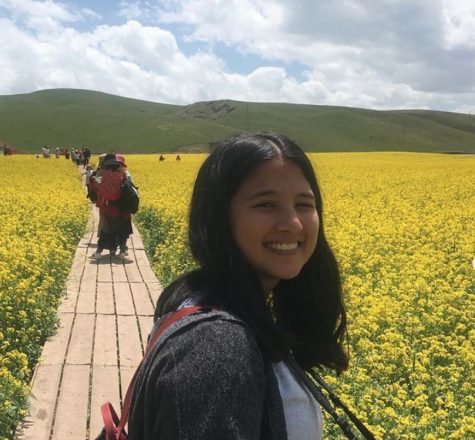
Honor Seares '21 is currently one of the Editors in Chief for the Polygon. She started writing during her freshman year and then earned editorial positions...

